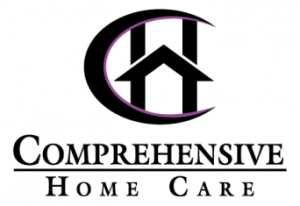How to Recognize the Signs of Dementia
As people age, the body starts to experience the signs of aging. Dementia is one of the many conditions you need to look out for in your aging loved one. Luckily there are certain signs of dementia you can look out for. These sings will be the first indicator that something is wrong. So, if you notice any of these symptoms in your loved one feel free to reach out to us to see how we can help.
A few of the signs of dementia include:
Memory loss
This is the most common symptom that falls under the dementia umbrella term. The issue with this is that it doesn’t happen all at once, and everyone has memory lapses from time to time no matter their age. So at first, it may be difficult to see when you or someone you know is experiencing true memory loss due to dementia. The real problem is when the memory loss worsens. Over time it will escalate and become more noticeable. When this sign is noticed, a visit to the doctor is required immediately. They will be able to help you figure out exactly what the underlying cause is, and if there is any way to stop or slow the memory loss.
Communication problems
Another common sign of dementia is communication problems. Word disassociation is very common amongst people who have dementia. In fact, it is often one of the first signs that something could be wrong. That being said, it can also be misinterpreted as everyone has the problem from time to time. Just like with memory loss, it is when the problem becomes frequent that you should start to think something is wrong. It is important to seek help as soon as you realize that the communication problems are a serious problem. There are several dementia-like symptoms that can be treated if caught early.
There are a few other signs, but these are the two most common. You might also notice the loss of the ability to focus or the ability to reason. No matter the cause or the sign, once noticed, it is important that you seek help. Comprehensive Home Care, experts in dementia care, can help you and your loved one. You don’t need to go through this alone, contact us here or call us at 704.333.5214.
Check out Activities for Your Loved One with Dementia to better be prepared if he/she is diagnosed.
